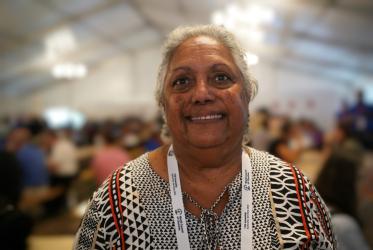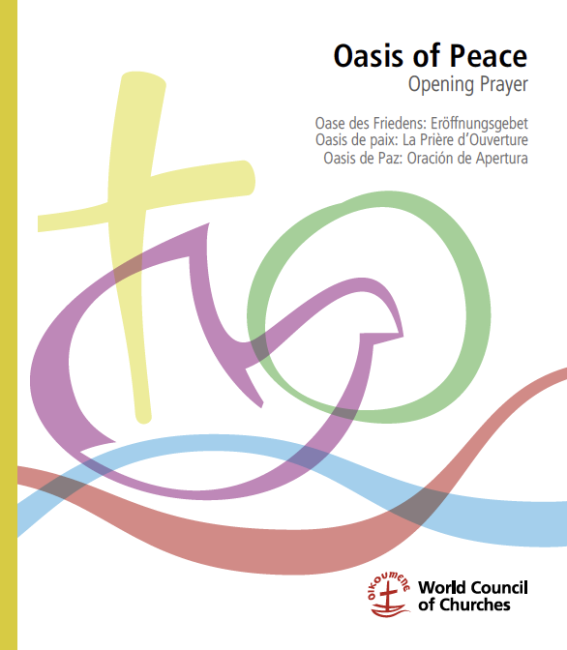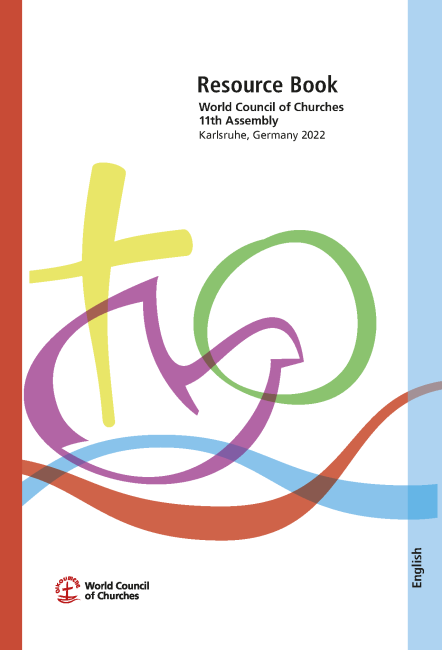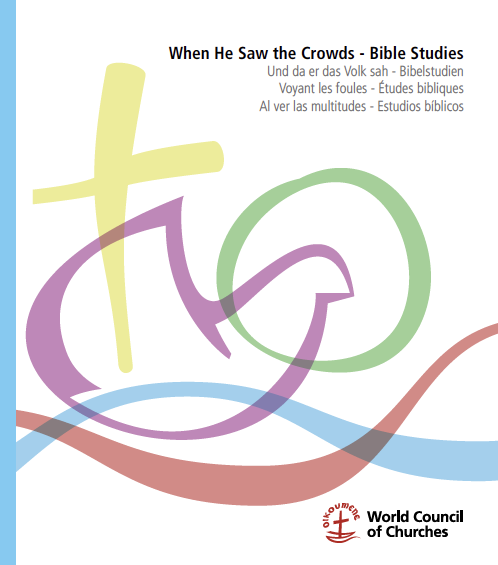Displaying 101 - 120 of 221
19 September 2022
Christ’s Love (Re)moves Borders – GETI 2022 in images
13 September 2022
Ukraine: Responding to humanitarian need
08 September 2022
Promotion de la dignité humaine par l’art
07 September 2022
Promoting human dignity through art
06 September 2022
Indigenous women struggle for identity in Asia and beyond
05 September 2022
Les femmes vivant avec un handicap veulent faire partie de l’Église
01 September 2022
Women with disabilities want to belong in churches
31 August 2022
Oasis of Peace Opening Prayer
30 August 2022
A Hundred Years of Mission Cooperation
The Impact of the International Missionary Council 1921-2021
21 August 2022
Together in the Mission of God
Jubilee Reflections on the International Missionary Council
21 August 2022
Livre ressource
Conseil oecuménique des Églises 11e assemblée, Karlsruhe, Allemagne, 2022
19 August 2022
Voyant les foules - Études bibliques
15 August 2022
When He Saw the Crowds - Bible Studies
15 August 2022













